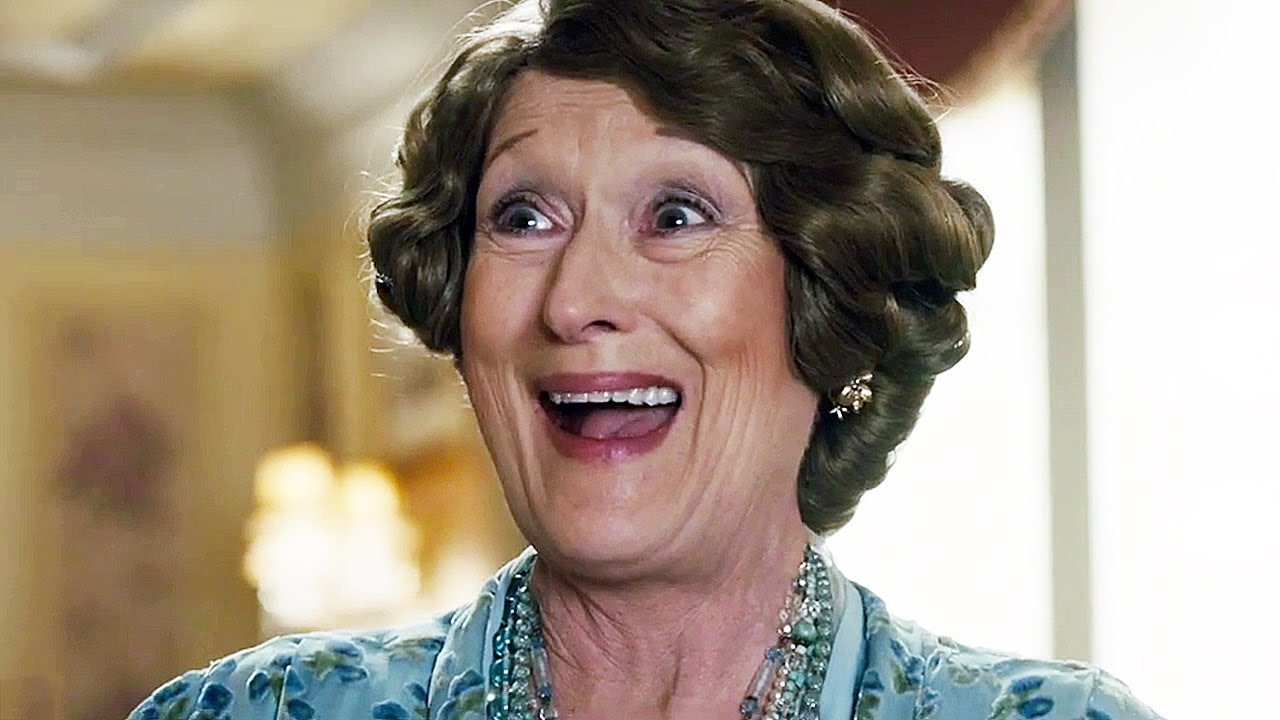
(2020) Mystery (Abramorama) Oxygen Tobgyal Rinpoche, Tsering Tashi Gyalthang, Tulku Kungzang, Tenzin Kunsel, Ngawang Tenzin, Rabindra Singh Baniya. Directed by Khyentse Norbut
The search for enlightenment is an Eastern concept that we sometimes here in the West misinterpret. It is not always navel-gazing and chanting. It can be hard work.
Tenzin (Gyalthang) is a would-be entrepreneur in Kathmandu, Nepal who aim’s to open “Nepal’s best coffee shop.” When he’s not working on his ambitions, he also takes music lessons, somewhat half-heartedly, at the insistence of his mother, who believes him to be talented. In the meantime, he has assembled partners and funds, and is in the process of finding the perfect location. He brings his pal Jachung (Kungzang) to a bucolic location that was an older building badly damaged in an earthquake. Jachung insists that it was once a monastery and sacred to the goddess; trespassing and taking photos is a very bad idea.
And it turns out he was right. After experiencing some bizarre visions of women that only he can see, Tenzin consults a hip monk (Tenzin) – in shades and bright red headphones, no less – who nonchalantly informs him that he’s going to die in seven days. Tenzin is skeptical but as the visions continue, he consults a grumpy, older monk (Rinpoche) who informs him he has to find a dakini, a kind of feminine spirit who can take any form. Getting her alliance can stave off death.
So Tenzin goes on a kind of a journey through Kathmandu, trying to find a dakini and as the visions become more persistent, his skepticism becomes less sure. Can he find the dakini before he shuffles this mortal coil, or will she turn out to be right under his nose – in the person of singer Kunsel (Kunsel) who is part of his music class?
Most of the criticisms I’ve read about the movie complain that it is far different than the press notes and the poster make it out to be. Some were expecting a Jodorowski-like psychedelic freak-out, which I found kind of odd but okay. This is more of a spiritual journey, although not explicitly religious. In other words, this is very much a Buddhist film – full of wisdom, gentle humor and unexpected beauty. Norbu, who has helmed four other features besides this one (all with similar Buddhist themes), certainly knows his stuff both from a spiritual and practical standpoint. Not only is he an accomplished director, he’s also a spiritual leader among Tibetan Buddhists.
He has the advantage of utilizing Wong Kar Wei’s cinematographer Ping Bin Lee, and he makes full use of that advantage. Not only is there beautiful Nepalese locations to gawk at, the film is expertly framed with breathtaking shots – for example, one by a rushing river at dusk, candles floating on the waters, lights winking like fireflies.
Norbu also has a tendency to use nonprofessional actors and he found one in Gyalthang who has incredible screen presence. Although Tenzin has Western tendencies, wearing a suit and tie, working from a laptop, and with a huckster’s cheerful grin, there’s also something quite appealing about him, even if he is the least spiritual guy in the movie. He goes from monk to monk, asking how he might find a dakini, and gets a different answer every time – they can’t even agree on what a dakini IS. I get the sense that Norbu is also poking gentle fun at the foibles of his own philosophy (Buddhism is less a religion than a philosophy).
The pace is slow and languid and enjoying the film, like attaining enlightenment, requires a bit of patience. Still, this is one of the best films of the year that you’ve never heard of, easily equal of any that will have their praises sung at the upcoming Oscars. In a just world, there would be those sorts of accolades for this one too but I expect that Norbu didn’t make this movie for the kudos. Like Tenzin, he made this to point those on their own spiritual journey to the path of wisdom. Who can find fault with that?
REASONS TO SEE: Very understated and gentle. The music has almost a bluesy undertone. Gorgeous cinematography and locations. Strong performance by Gyalthang.
REASONS TO AVOID: Some might find it slow-paced.
FAMILY VALUES: There is a little mild profanity.
TRIVIAL PURSUIT: Norbu is actually from Bhutan and is a lama, a Buddhist holy man who was proclaimed as a child to be the third incarnation of the founder of Tibet’s Khyentse Buddhist lineage.
BEYOND THE THEATERS: Virtual Cinema
CRITICAL MASS: As of 4/15/21: Rotten Tomatoes: 86% positive reviews; Metacritic: 67/100.
COMPARISON SHOPPING: The Graduate
FINAL RATING: 9.5/10
NEXT: Together Together



